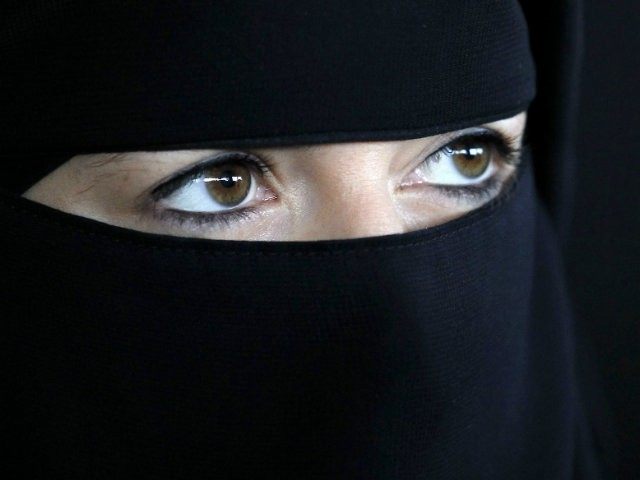There’s good news and bad news for women in the upcoming Saudi Arabia municipal elections. The good news is that for the first time in the kingdom’s history, women will be able to vote, register as candidates and run for office. The bad news is that strict gender segregation rules will apply.
Female candidates will not be allowed to address voters directly or publish photos of themselves in campaign material, and must ensure strict segregation between the sexes at their campaign headquarters.
According to Arab News, the strict new guidelines have been announced to ensure Sharia law is obeyed by the 366 registered women candidates.
Judiea Al-Qahtani, the election commission spokesman, has announced the tight restrictions adding that all female candidates must acquire special permits for their advertising campaigns. Male agents will also be required to be appointed by women to act on their behalf in public spaces or face a fine of 10,000 riyals ($US2,667).
“The Ministry of Municipal and Rural Affairs has a special section for issuing permits to companies that manage advertising campaigns for election candidates,” he said.
It is the first time that women have been allowed to vote and stand as candidates in elections in Saudi Arabia, and August saw the first women registering to vote. December’s poll will elect new members for municipal councils which have severely restricted powers in the absolute monarchy.
Time reports that the limited move to female freedom in Saudi Arabia has not been met with unalloyed joy by all. Some have questioned the move’s ability to bring any real change in a country where women’s activities are heavily restricted and the Saudi national government remains without a single female minister.
In a statement released after the the 2011 decision by late Saudi King Abdullah bin Abdulaziz al-Saud to grant women the right to vote and run for office, Amnesty International said granting women the right to vote was “much overdue” and “does not go nearly far enough.”
“We can only hope that this announcement on voting will be the first in a long line of reforms that guarantee Saudi women the rights that they have been demanding for so long,” Amnesty said.
Saudi women are currently required to obtain their male guardian’s permission if they want to complete their university education, work, travel abroad, file a lawsuit in a court and sometimes even to receive medical treatment.
In a country where a woman cannot even open a bank account without her husband’s permission, there is one other restriction that will apply to female candidates on polling day: they won’t be able to drive themselves to the voting booths as they are still completely banned from driving under Saudi Arabia’s strict religious code.
The elections will take place between 8 a.m. and 5 p.m. on December 12 with the results being announced the following day.

COMMENTS
Please let us know if you're having issues with commenting.